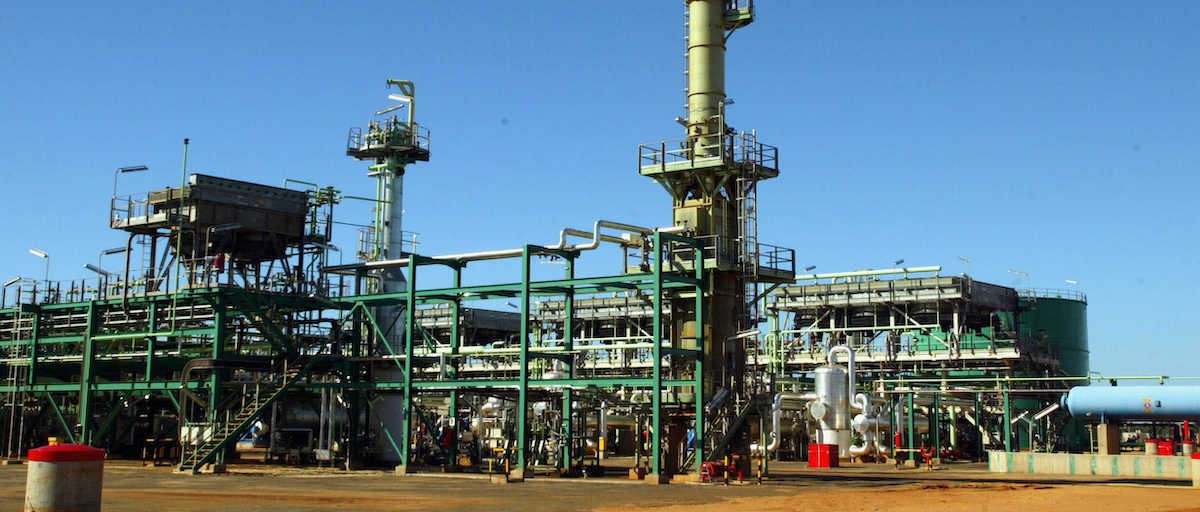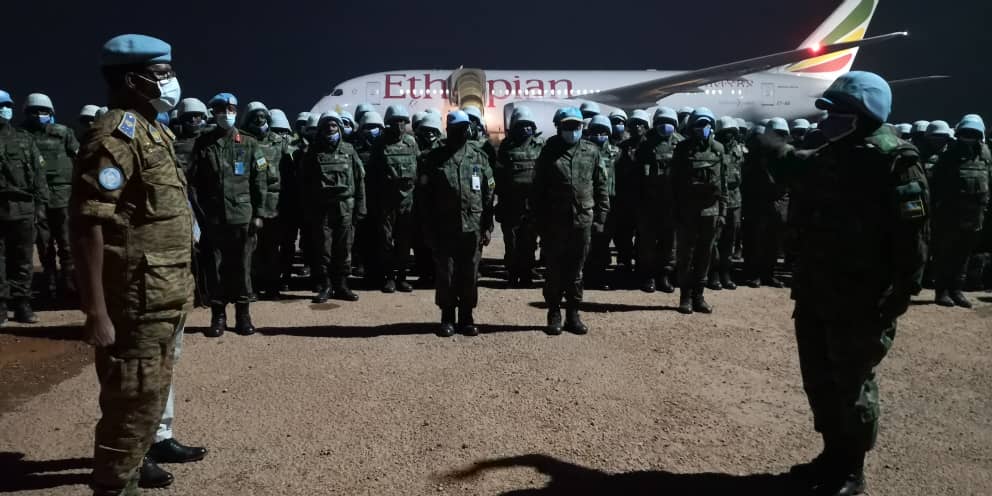Regional
African solutions to African problems: Case of Rwanda’s military diplomacy in the Central African Republic
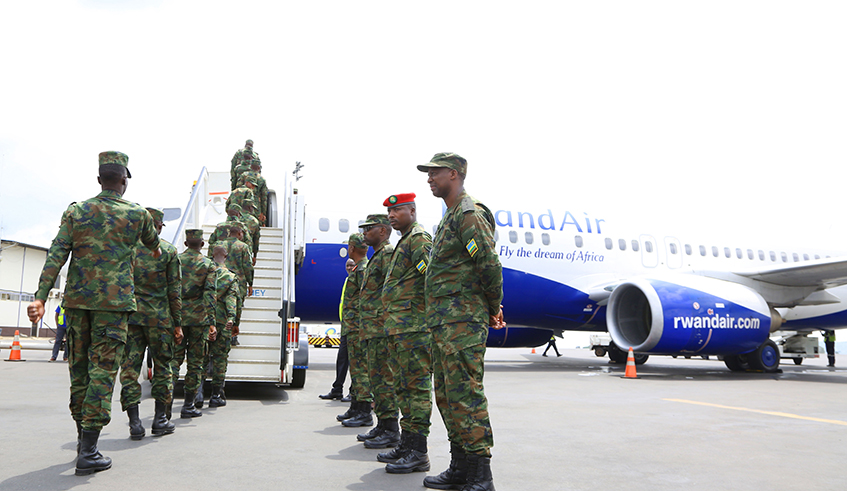
Rwanda Defence Force peacekeepers board a plane at Kigali International Airport for a peacekeeping mission in the Central African Republic in 2019.
Rwanda has brought
unimaginable positive results to the Central African Republic ever since the
former first sent troops to Bangui, in 2013.
Rwanda is currently the
largest troop contributor to the United Nations Multidimensional Integrated
Stabilization Mission in the Central African Republic (MINUSCA).
Despite the narrative
being widely dispersed by Rwanda’s detractors, what Rwandan peacekeepers have
done in the conflict torn country is an almost incredible tale of triumph, and
self-sacrifice. Rwanda’s highly disciplined and well-trained troops are
improving security in several parts of the country.
That’s how Rwanda has
become highly influential in the CAR.
The main provider of
blue helmets for the UN mission in the country, Kigali also dispatched soldiers
under a bilateral agreement. In December 2020, Rwanda deployed “force
protection troops” to the Central African Republic – under a bilateral
agreement on defence – in response to the targeting of the Rwanda Defence Force
(RDF) contingent under the UN Peacekeeping force by rebels supported by
former president François Bozize.
The Rwandan troops then
also contributed to ensuring peaceful and secure general elections scheduled on
December 27, 2020, twenty-two months after a peace agreement which was reached
between the government and 14 armed groups.
For the past 10 years,
Rwandan peacekeepers have enormously contributed in ensuring the peace and
stability of CAR; first under the AU and later under a UN mandate.
Rwandan peacekeepers
have mandate to protect the country’s VVIPs including President
Faustin-Archange Touadéra. The Rwandan troops secured Bangui M’Poko
International Airport, protect and secure MINUSCA HQs and the entire capital.
In line with the
restoration of state authority, Rwandan peacekeepers contributed in securing
the north-eastern part of CAR in Vakaga and Haute-Kotto Prefectures, where
there was no state authority for more than two decades.
Rwanda, one of the
continent’s smallest countries is also one of the largest contributors to UN
peacekeeping.
UN leaders have often
noted how it is particularly commendable that a nation that has endured the
worst atrocities – the 1994 genocide against the Tutsi- should risk its
soldiers to ensure those atrocities cannot happen elsewhere.
For post-genocide
Rwanda, it is service born of sacrifice.
Rwanda’s
commitment to UN peacekeeping is unquestionable. Rwanda knows exactly what
genocide means and that’s why when the UN sounded the alarm in Central African
Republic, in November 2013, Rwanda moved and sent troops to protect the
population there.
Rwanda’s commitment to
UN peacekeeping is informed by what happened in the 1994 genocide. Rwanda’s
conviction is stronger. Kigali cannot allow something like that to happen ever
again, in any place of the world.
It is a noble, but
dangerous mission.
On July 10, a Rwandan
soldier was killed while combating rebels in in Sam-Ouandja, Haute-Kotto
Prefecture.
Rwandan peacekeepers
based in Bossembélé are also in charge of securing the country’s main supply
road (MSR1) connecting the capital Bangui with both the country and the closest
port, in Cameroon. Rwandan peacekeepers escort trucks to and from Bangui,
enabling the supply of Bangui in particular and CAR in general.
In the past, before
Kigali intervened, the disruption of the MSR1 supply route prevented the safe
movement of commercial goods with a large share of the country’s good being
imported.
At some point,
especially in mid-December 2020, over 1,500 trucks were estimated to be stuck
at the border with Cameroon, including 500 trucks with critical UN and
partners’ supplies, such as food, medicines, and non-food items.
Rwandan blue helmets
and special forces – under bilateral security pact – wherever they are deployed
also participate in high impact social activities that benefit the population.
They construct houses for needy people, provide accessible and clean water to
the population and refurbish schools and hospitals. They also participate in
weekly communal work activities “Umuganda” in different parts of the country.
Following the
resumption of rebellion by the Bozize-led CPC on the eve of the December 2020
presidential and legislative elections, Rwanda deployed forces under bilateral
agreement.
They successfully
secured the elections, protected public institutions against a probable
unconstitutional coup.
The rebels attempted to
capture the capital on January 13, 2021 but were repulsed by Rwandan soldiers.
Furthermore, the Rwandan forces operating under the bilateral security pact are supporting CAR in Security Sector Reform (SSR). They have, since June 2023, started to train the Central African Armed Forces (FACA) new recruits.


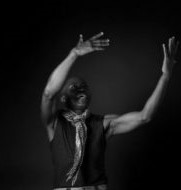
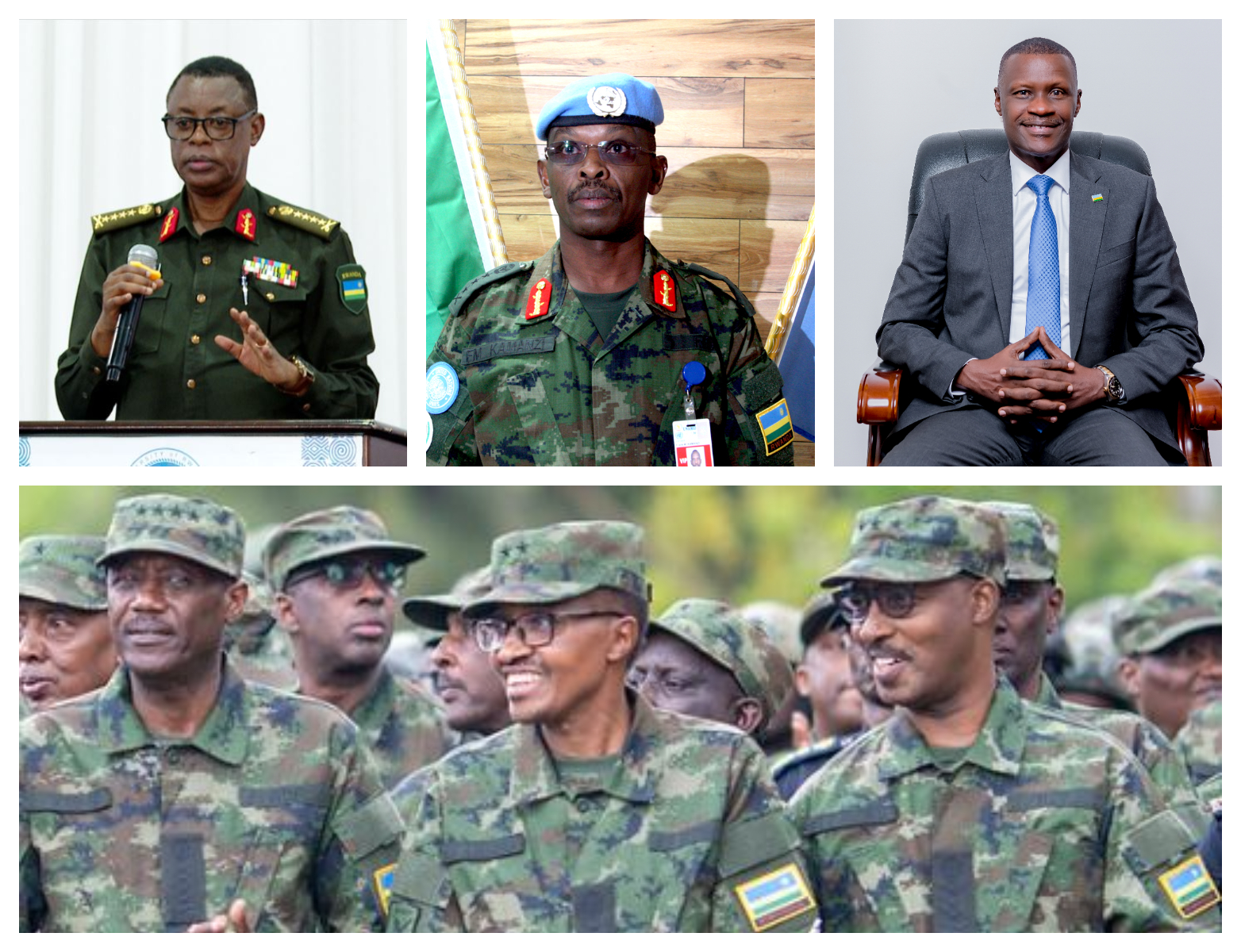
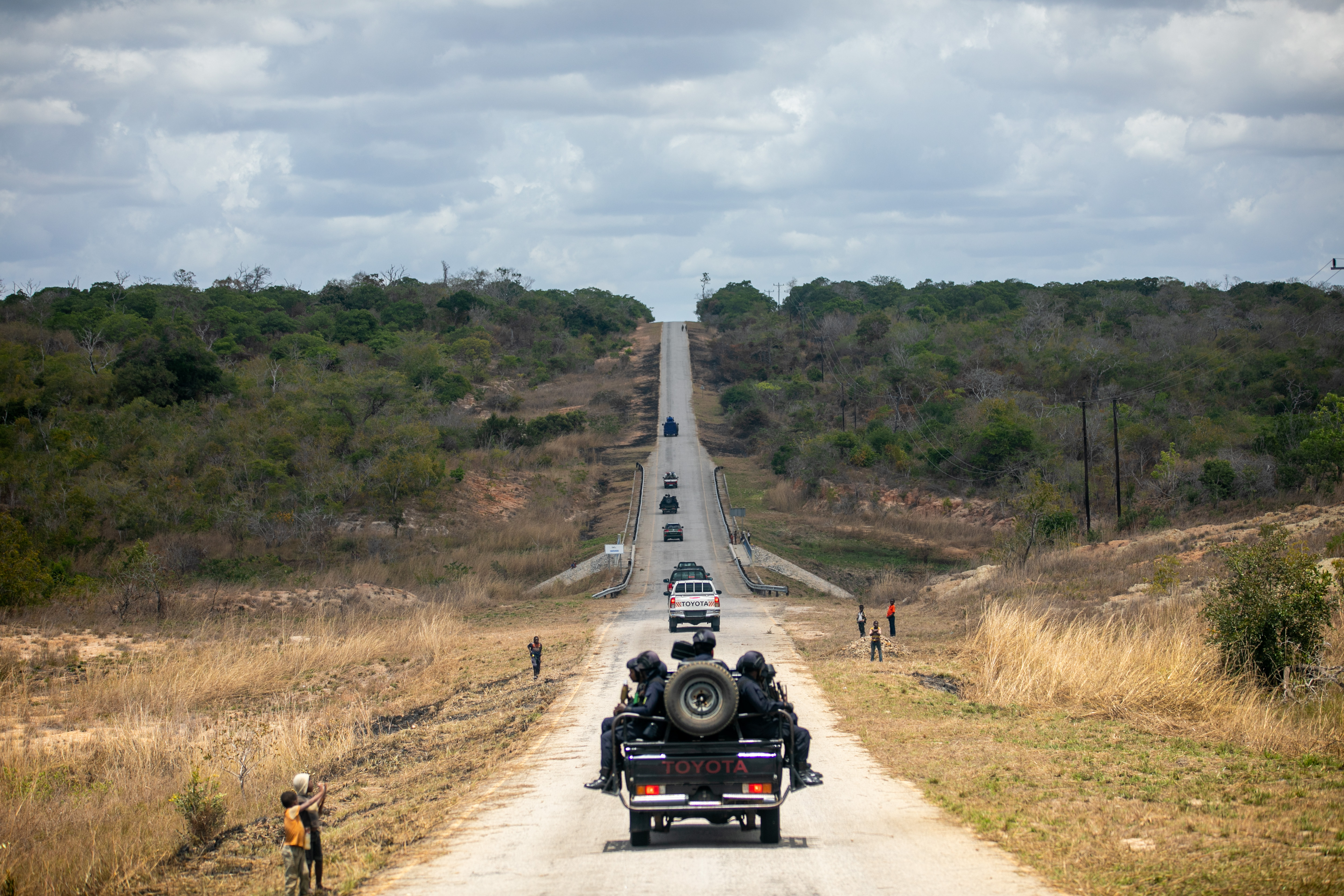
.jpg-20220822074719000000.jpg)
